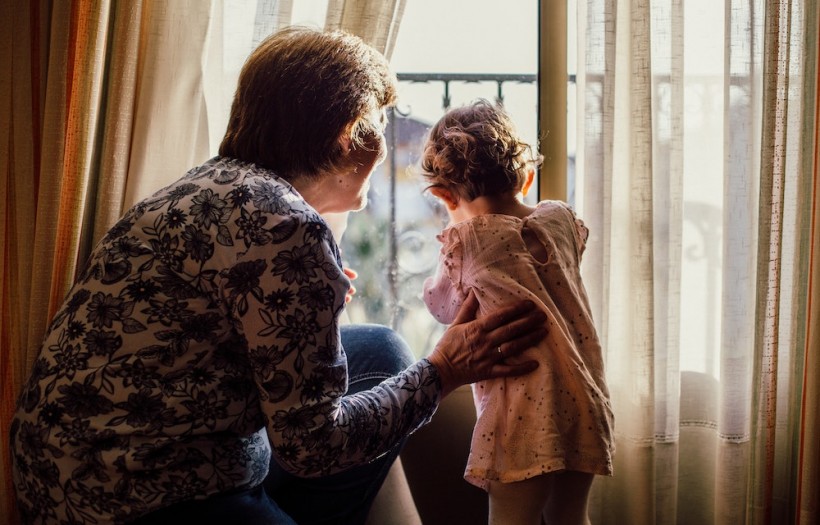Often, women at the age of 50 stop ovulating. It is a biological mystery but is vital for the evolutionary success of the species. However, menopause occurs when women still have some decades of health. Men can keep producing sperm well into their eight or ninth decades. But for women, they are already borne with all the egg cells they can make for their entire life and only await maturation and release. Hence, the "hows" of menopause and "whys" are the root of the mystery.
Menopause and Grandmothering

Menopause marks the end of a woman's menstrual cycle. It occurs because the female sex hormone levels, specifically endocrine hormones such as estrogen, in the body naturally go down as a person gets older. Eventually, the ovaries cease to release eggs, and a person no longer gets their period.
Recently, two studies have reinforced the leading candidate explaining the evolutionary success brought by menopause. The Grandmother Hypothesis suggests that the reason why human females survive past their reproductive years is due to the benefits that post-menopausal women offer the younger generation.
In a recent study published in the journal Proceedings of the National Academy of Sciences, titled "The importance of elders: Extending Hamilton's force of selection to include intergenerational transfers" experts analysed foraging and food-sharing practices in wild chimpanzees, horticulturalists, and human hunter-gatherers which underscored the necessity of elders.
Researchers found that the intergeneration transfer of food and knowledge in the complex foraging niche of hunter-gatherers selects for longer lifespans, reports Nautilus.
Likewise, a team of researchers from the University of California, Princeton, and Sand Diego published a paper in the journal Molecular Biology and Evolution titled "Evolution of Human-Specific Alleles Protecting Cognitive Function of Grandmothers. " suggesting that grandmothering may have been a vital driver of the evolution of specific genes which contribute to a healthy immune system, together with resistance to cognitive decline with age.
ALSO READ: Strange 14,000-Year-Old Human Fossil Found in South China Reveals Links to Native Americans
Women and Natural Selection
Menopause typically begins at a time when a woman's children are likely to become parents themselves when the woman is about to become a grandmother. The hypothesis suggests that by foregoing reproduction, a middle-aged woman can also be freeing herself to contribute to the success of her grandchildren and, in the bigger picture, her genes as well.
Across the globe, human grandparents, especially grandmothers, pitch in. Those who contribute to their grandchildren typically end up with more grandchildren than women who don't. The grandmother hypothesis does not prevent prudent mothering; in fact, since a woman is no longer encumbered with the dependence of her own children, it is logical that she would be inclined to assist in the nurturing of her grandchildren, each having a 25% probability of carrying one of the grandmother's genes to the next generation.
Other studies analysing the dynamic of modern hunter-gatherers in Tanzania found that while men hunted, women gathered and foraged, with the most energetic and productive members being women post-menopause. A young mother that is healthy and hardworking is constrained while caring for the infant.
RELATED ARTICLE: Neural Stem Cells Spend More Time to Divide in Brain Chromosomes in Modern Humans Than in Neanderthals
Check out more news and information on Human Evolution in Science Times.














